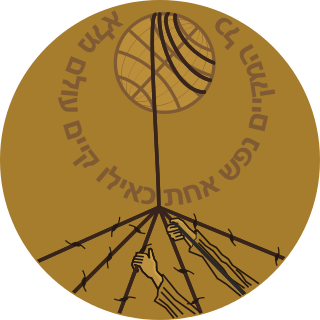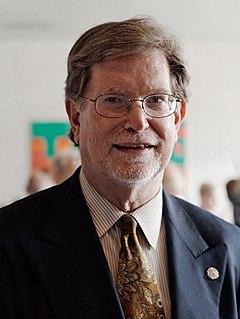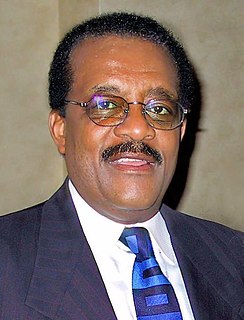A Quote by Louis Leakey
The majority of people in Angola were not provided with any kind of schooling and were completely illiterate, very badly paid, and treated almost as slaves.
Related Quotes
It's always intrigued me that amidst the group called slaves there were individuals who were extremely able, who were extremely colorful, who were powerful personalities, who by no means fit the usual images of slaves. They were people who, through their personalities and abilities, were very respected in the community where they lived by both black and white.
The country and culture commonly known as "America" had had a badly split personality all through its history. Its overt laws were almost always puritanical for a people whose covert behavior tended to be Rabelaisian; its major religions were all Apollonian in varying degrees---its religious revivals were often hysterical in a fashion almost Dionysian.
The larger an English industry was, the more likely it was to go bankrupt, because the English were not naturally corporate people; they disliked working for others and they seemed to resent taking orders. On the whole, directors were treated absurdly well, and workers badly, and most industries were weakened by class suspicion and false economies and cynicism. But the same qualities that made English people seem stubborn and secretive made them, face to face, reliable and true to their word. I thought: The English do small things well and big things badly.
Those women who had gone out with Germans were grabbed and treated very badly, often shaved totally bald so that everyone could see who they were. Some were taken prisoners. There had been so much suffering during the war because of the betrayal of those collaborators, so many killed and hurt because of what they had done to families, that the mood for revenge against the traitors was very high. It was not right, but it was understandable.
Go back to the Bible, the Old Testament. I mean there were people who we would call intelectuals, there, they were called prophets, but they were basically intelectuals: they were people who were doing critical, geopolitical analysis, talking about the decisions of the king were going to lead to destruction; condemning inmorality, calling for justice for widows and orphans. What we would call dissident intelectuals. Were they nicely treated? No, they were driven into the desert, they were imprisoned, they were denounced. They were intelectuals who conformed.
True spiritual knowledge has sometimes flourished most grandly in some who were without eloquence and almost illiterate. And this is very clearly shown by the case of the Apostles and many holy men, who did not spread themselves out with an empty show of leaves, but were bowed down by the weight of the true fruits of spiritual knowledge: of whom it is written in Acts: 'But when they saw the boldness of Peter and John, and perceived that they were ignorant and unlearned men, they were astonished' (Acts 4:13).



































